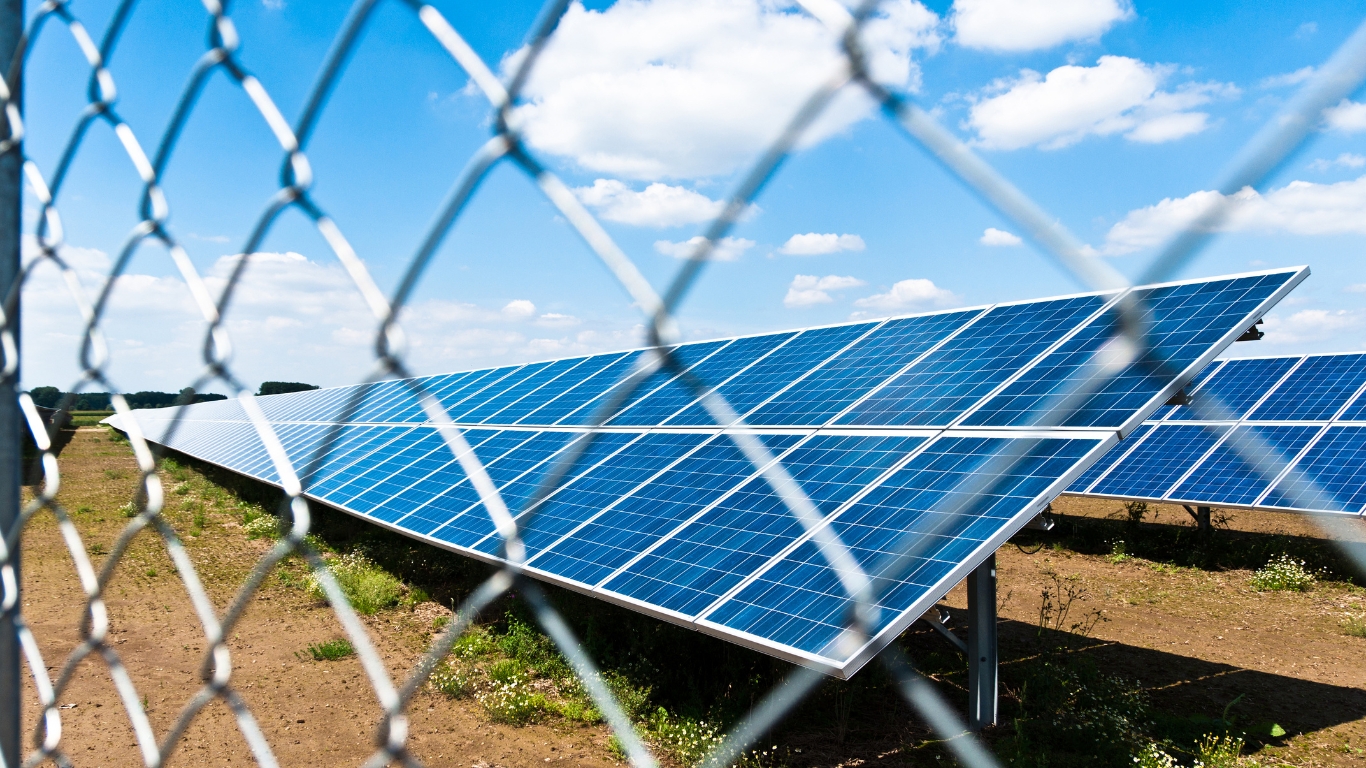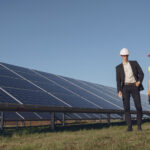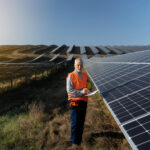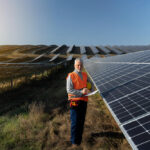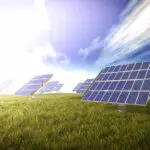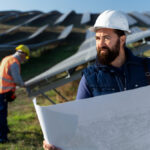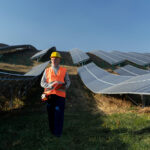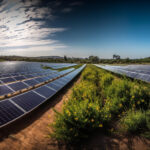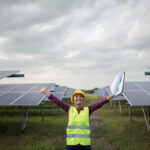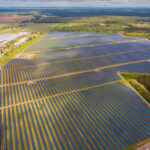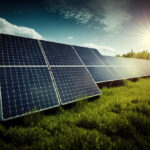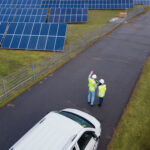Are you worried about the security of your solar farm? With the increasing risk of theft, vandalism, and cyber threats, it’s natural to feel concerned about the safety of your investment. A single security breach can result in costly repairs, downtime, and even damage to your reputation. In this article, we’ll share practical tips and expert advice on how to protect your solar farm and give you peace of mind.
Why is Solar Farm Security Important?
Solar farms are critical infrastructures that provide clean energy to thousands of homes and businesses. However, they also present a unique set of security risks. Considering the high cost of solar farms per acre it’s crucial to protect it. Here are some reasons why solar farm security is crucial:
Theft and Vandalism: Solar panels and equipment are valuable and can be easily stolen or vandalized, resulting in significant financial losses. The theft of solar panels can also lead to a loss of energy production, which can have a ripple effect on the entire grid. Additionally, vandalism can cause damage to equipment, leading to costly repairs and downtime.
Cybersecurity Threats: Solar farms rely on sophisticated technology and connectivity, making them vulnerable to cyber-attacks that can disrupt energy production and compromise sensitive data. A cyber-attack on a solar farm can have far-reaching consequences, including the potential to disrupt the entire energy grid and compromise national security.
Trespassing and Accidents: Solar farms can be sprawling facilities, making it easy for unauthorized individuals to trespass and potentially cause accidents or damage equipment. Trespassers can also pose a risk to themselves, as they may not be aware of the electrical and mechanical hazards present at the facility.
Environmental Concerns: Solar farms can be located in remote areas, making it essential to protect the surrounding environment from potential hazards such as oil spills or chemical leaks. A security breach can also lead to environmental damage, such as the destruction of wildlife habitats or water sources.
Solar Farm Security Measures
To protect your solar farm investment and mitigate these risks, solar farm owners and operators can implement a range of security measures, including:
Physical Barriers: Installing fencing, gates, and access controls to prevent unauthorized entry and protect equipment. This can include the use of high-security fencing, such as anti-climb fencing or razor wire, and the installation of gates with secure locking mechanisms.
Surveillance Systems: Using cameras, motion detectors, and alarm systems to monitor the facility and detect potential security breaches. This can include the use of IP cameras, thermal imaging cameras, and motion detectors to detect and deter intruders.
Access Control: Implementing strict access controls, including biometric authentication and role-based access, to ensure that only authorized personnel can enter the facility. This can include the use of smart cards, fingerprint readers, and iris scanners.
Cybersecurity Protocols: Implementing robust cybersecurity measures, such as firewalls, intrusion detection systems, and encryption, to protect against cyber threats. This can include the use of secure communication protocols, such as HTTPS and SFTP, and the implementation of regular software updates and patches.
Regular Maintenance and Inspections: Regularly inspecting maintaining and cleaning solar farm equipment to prevent malfunctions and reduce the risk of accidents. This can include the use of predictive maintenance techniques, such as vibration analysis and thermal imaging, to identify potential issues before they occur.
Employee Training: Providing employees with comprehensive training on security protocols and procedures to ensure they can respond effectively in case of a security breach. This can include training on emergency response procedures, first aid, and crisis management.
Community Engagement: Building relationships with local law enforcement and the community to ensure a swift and effective response to security incidents. This can include regular meetings with local authorities and the establishment of a community watch program.
Best Practices for Solar Farm Security
To ensure the security of your solar farm, follow these best practices:
Conduct a Risk Assessment: Identify potential security risks and vulnerabilities to inform your security strategy. This can include a review of the facility’s layout, equipment, and operations, as well as an assessment of potential threats and vulnerabilities.
Develop a Security Plan: Create a comprehensive security plan that outlines procedures for preventing and responding to security incidents. This can include protocols for emergency response, incident reporting, and crisis management.
Implement a Culture of Security: Foster a culture of security among employees, emphasizing the importance of security protocols and procedures. This can include regular training and awareness programs, as well as incentives for employees who report security incidents or suggest security improvements.
Stay Up-to-Date with Industry Developments: Stay informed about the latest security threats and technologies to ensure your security measures remain effective. This can include attending industry conferences, participating in online forums, and subscribing to security-related publications.
Collaborate with Law Enforcement: Build relationships with local law enforcement to ensure a swift and effective response to security incidents. This can include regular meetings with local authorities, the establishment of a community watch program, and the provision of training and resources to support law enforcement efforts.
Conclusion
Solar farm security is a critical aspect of protecting our renewable energy infrastructure. By understanding the risks and implementing effective security measures, we can safeguard these vital facilities and ensure a sustainable energy future. By following best practices and staying informed about the latest security threats and technologies, we can protect our solar farms and the environment, while promoting a culture of security and responsibility.

